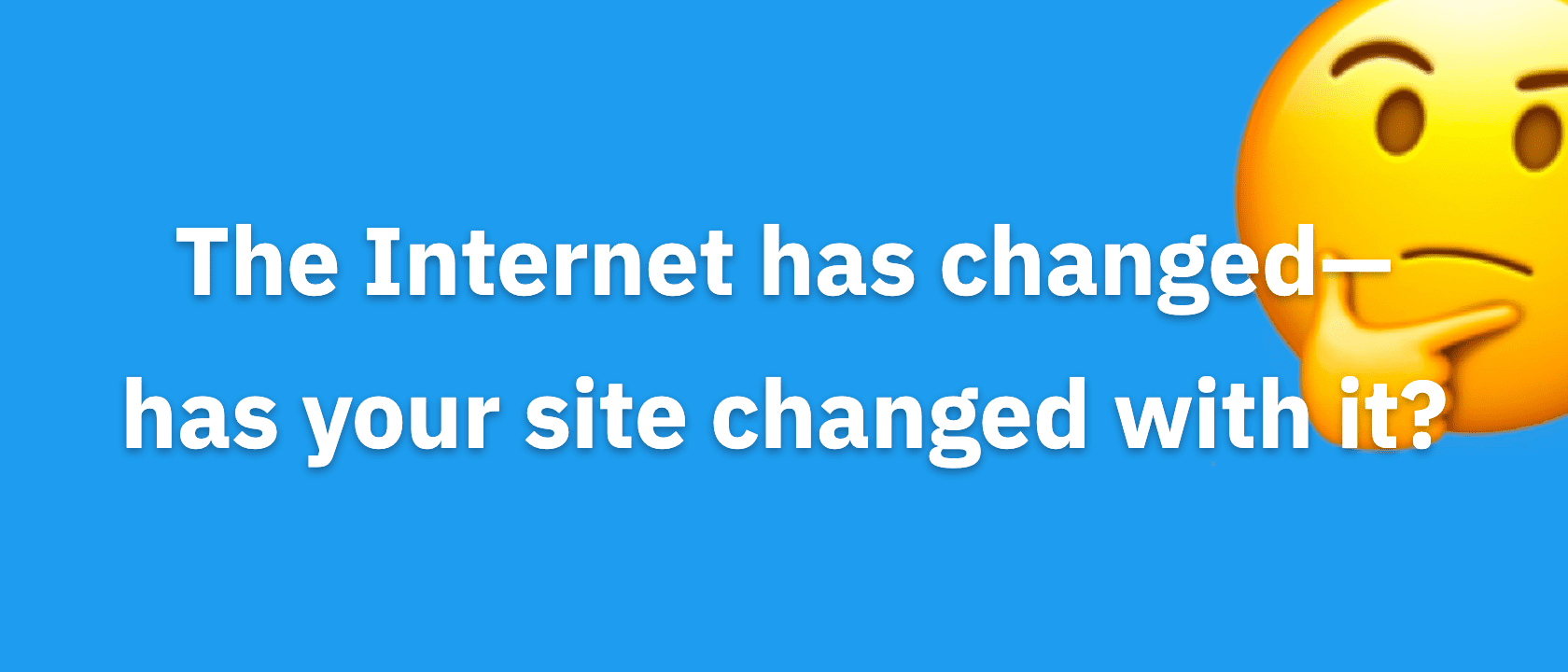
Do you ever have days where you’ve worked the entire day, and it feels like you’ve done nothing?
You interacted with clients, connected with customers on Twitter, and worked with your team, but you still feel like you did not accomplish anything.
Here’s the deal: you likely spent your entire day being a “Manager,” not a “Creator.”
The funny thing is, you get paid for being a creator. If you’re a freelancer, you get paid for your deliverables, not the project management. If you’re a blogger, you get paid to create great content, not connect with people on Twitter.
But Sarah, “isn’t being a manager essential for getting things done?”
Yes, but you don’t get paid for it, and that’s why you should seek to accomplish the same management tasks in less time.
To do that you need the right tools, and that’s why I compiled this list of 11 tools to help you get started:
Project Management:
1. Wrike: A project management platform that lets you manage projects and tasks across teams.
2. BaseCamp: By the creators of 37Signals, Basecamp is a project management software tool that I use frequently on freelance projects. Easy to manage tasks, writeboards, messages, and teams.
3. Asana: Only available by invitation at the moment, its software designed to help people work together more effectively. Designed by tech entrepreneurs in SF, it’s in beta stages, but should be available soon.
Task Lists:
4. GQueues: A task-management software for queuing up items to do based on topic. Threaded, easy to see, and color-coded.
5. Todoist: and their companion project, Wedoist, tasks lists for teams – are two tools that keep track of what you want to get done.
6. Ta-da List: Short, check-able lists organized by category. I like using this for personal reminders, like packing lists, presents, errands to run, or things to follow up on with friends.
7. Toodledo: More structurally organized than others, with higher-level menus. Not as visually appealing as others, but more functionally organized.
Calendars:
8. Google Calendar: Google Calendars: My number-one for organizing my events. I use this for all work, freelance, social, and athletic functions. You can create a separate category for different uses. I have: Social, Events, Work, Freelance, Athletics, Medical, Writing, Travel, Bills, and Application Deadlines. Each calendar can be turned on and off, shared, and color-coded.
9. Calendar Bar: Use this to sync events across Facebook, Google, etc
10. Lanyrd: A social conference directory – I use this to find events that are relevant to my field(s) of interest.
11. PlanCast: Another way to keep track of what events your friends are creating and going to.
Each tool is created to help you facilitate your objectives – perhaps make more time for yourself to do writing, spend less time working. A great company and a great team communicates well to allow people to achieve similar objectives easily.
Many failed projects and start-ups crumble because the tools used to organize and communicate were inefficient – not because the ideas or the individuals weren’t talented.
